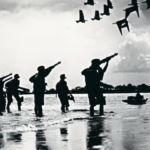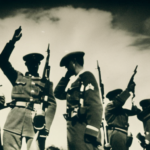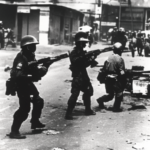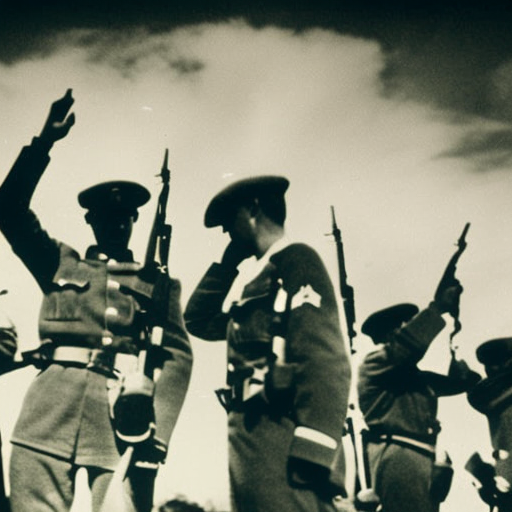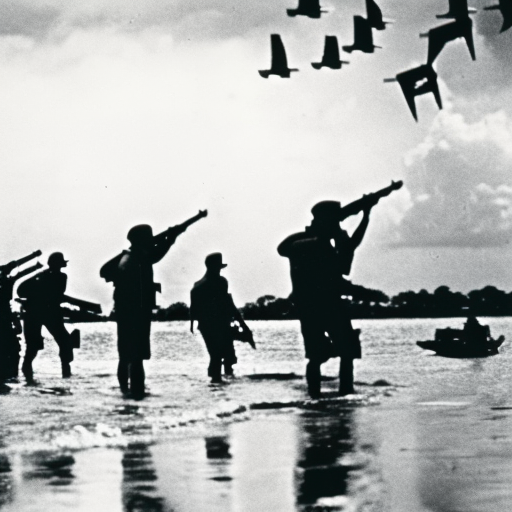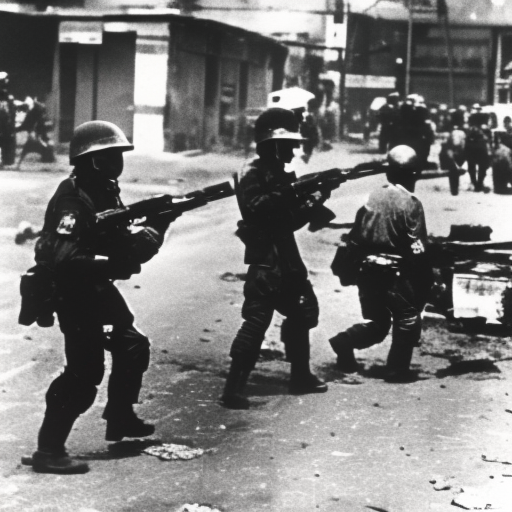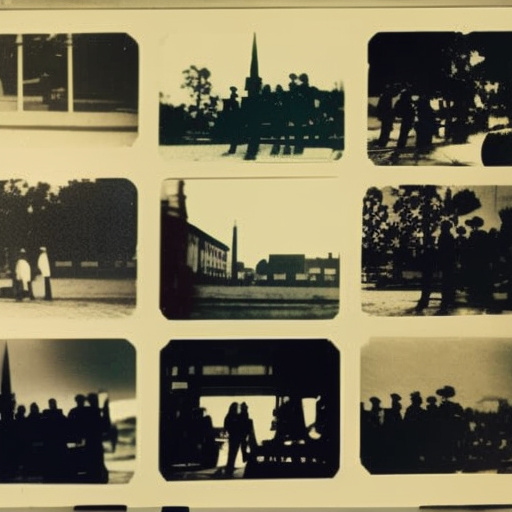The Bonus Army (1932)
The Bonus Army was a group of World War I veterans who marched on Washington, D.C. in 1932 to demand immediate payment of a bonus promised to them by the government. The event highlighted the economic hardships faced by veterans during the Great Depression and the government’s response to their demands.
Background
After World War I, the U.S. government had promised to pay a bonus to veterans as compensation for their service. The bonus was scheduled to be paid in 1945, but as the Great Depression hit, many veterans found themselves in dire financial straits and wanted the bonus to be paid immediately. In 1924, Congress passed the World War Adjusted Compensation Act, which allowed veterans to receive a certificate that could be redeemed for cash in 1945. However, as the economic situation worsened, veterans began to demand early payment of their bonuses.
The March on Washington
In May 1932, thousands of veterans, known as the Bonus Army, marched to Washington, D.C. to put pressure on the government to pay their bonuses. They set up camps near the Capitol and demanded that Congress pass legislation to authorize the immediate payment of the bonuses. The Bonus Army was made up of veterans from all over the country, including many who were unemployed and homeless.
Government Response
Initially, the government responded by providing some assistance to the veterans, including food and shelter. However, President Herbert Hoover and the military leadership were concerned about the growing size and influence of the Bonus Army. As tensions escalated, Hoover ordered the eviction of the veterans from their camps. On July 28, 1932, the police and the military were sent in to disperse the Bonus Army.
The Eviction
The eviction of the Bonus Army turned violent, with clashes between the veterans and the police and military. Tear gas was used to disperse the crowds, and several veterans were injured. Two veterans and one baby died during the eviction, which further fueled public outrage.
Public Reaction
The eviction of the Bonus Army caused a public outcry and damaged President Hoover’s reputation. Many Americans sympathized with the veterans and criticized the government’s handling of the situation. The media coverage of the event played a significant role in shaping public opinion, and the incident became a symbol of the government’s failure to address the economic hardships faced by the American people during the Great Depression.
Legacy
The Bonus Army march had a lasting impact on American society and politics. It highlighted the struggles faced by veterans during the Great Depression and brought attention to the government’s responsibility to support those who had served their country. The incident also contributed to the growing dissatisfaction with President Hoover’s handling of the economic crisis and played a role in his defeat in the 1932 presidential election.
In 1936, Congress passed the Adjusted Compensation Payment Act, which authorized the immediate payment of the bonuses to the veterans. The Bonus Army march remains a significant event in American history, reminding us of the challenges faced by veterans and the importance of addressing their needs and concerns.

